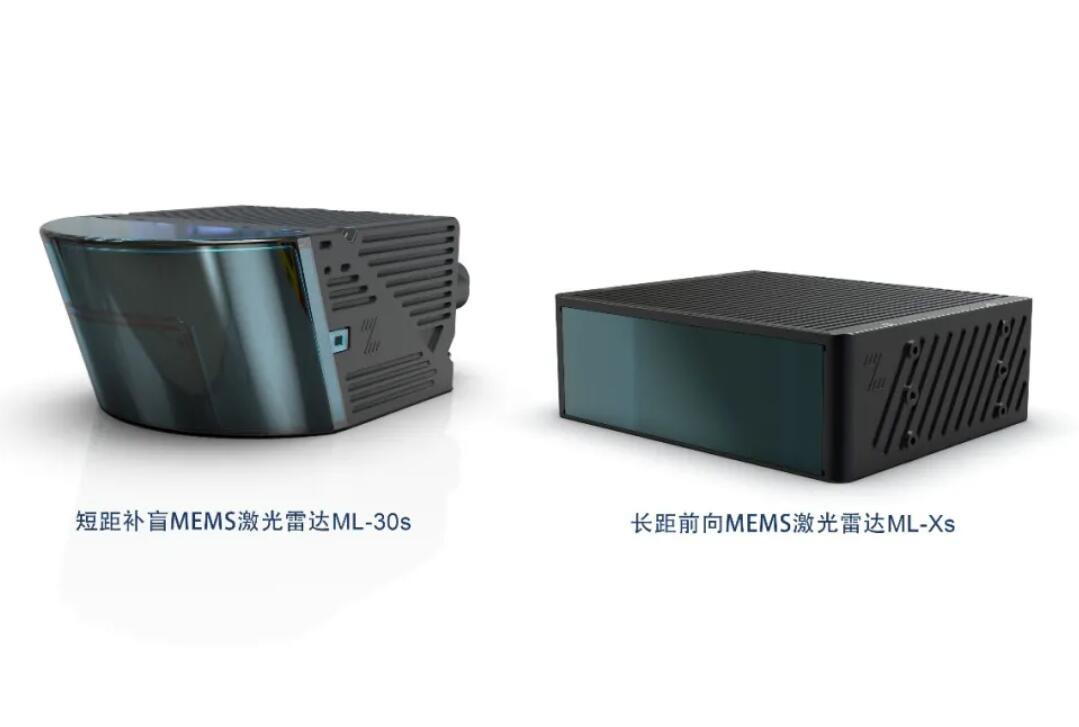Xpeng leads latest round of funding in LiDAR maker Zvision
This is the first time we have seen Xpeng invest in a LiDAR maker. The LiDAR supplier for the Xpeng P5 is Livox and for the G9 is RoboSense.

(Image credit: Zvision)
Following in the footsteps of Nio, Xpeng Motors has also invested in a local LiDAR maker to strengthen its grip on the supply of what is seen as a key component for autonomous driving.
Zvision, a Chinese MEMS LiDAR maker, announced today that it has closed RMB hundreds of millions Pre-C round of funding led by Xpeng.
SAIC Capital, a subsidiary of SAIC, Dongfeng BoCom Yuanjing Auto Industry Equity Investment Fund, and Intel Capital participated in the investment, according to Zvision.
This is the first time we've seen Xpeng invest in a LiDAR maker, after its local counterpart Nio invested in Innovusion, which built the LiDAR that will be featured on the Nio ET7 and ET5 sedans.
On January 1, 2021, Xpeng announced a partnership with Livox, incubated by drone maker DJI, to carry LiDAR built by the latter on a new model.
On September 15, 2021, Xpeng's new sedan, the P5, went on sale with two LiDARs from Livox on its higher trim versions.
On November 19, Xpeng announced the G9 SUV, its fourth model with 2 LiDARs under the headlights. The LiDARs are from RoboSense.
"LiDAR is an important safety redundancy sensor for current advanced assisted driving and future autonomous driving … Zvision offers the possibility of mass production of cost-effective automotive LiDARs," Xpeng Vice President Zhang Xiaofeng said, according to Zvision's press release.
Xpeng is confident that Zvision's team will deliver a compelling breakthrough in localized production and technology innovation for next-generation pure solid-state LiDARs, according to Zhang.
Founded in 2017, Zvision has developed a full suite of MEMS LiDAR solutions covering long-range, short- and medium-range applications.
In June last year, Zvision announced the completion of RMB hundreds of millions of RMB Series B financing, led by Intel Capital and Chinese investment institution and startup platform Sinovation Ventures in Series B1 and Series B2, respectively.
Zvision was then valued at around RMB 1 billion ($ 155 million), local automotive media Chedongxi said, citing sources familiar with the matter. It's not clear what the company's valuation was in the latest round of funding.
The company mentioned last year that it would reach annual production of tens of thousands of units by 2022. Zvision CEO and founder Shi Tuo then said that this estimate was conservative and that actual orders and production would be higher.
On December 8, Alibaba-backed Chinese autonomous driving startup DeepRoute announced DeepRoute-Driver 2.0, an L4 autonomous driving solution priced under $10,000, using five solid-state LiDARs, with RoboSense and Zvision as suppliers.

